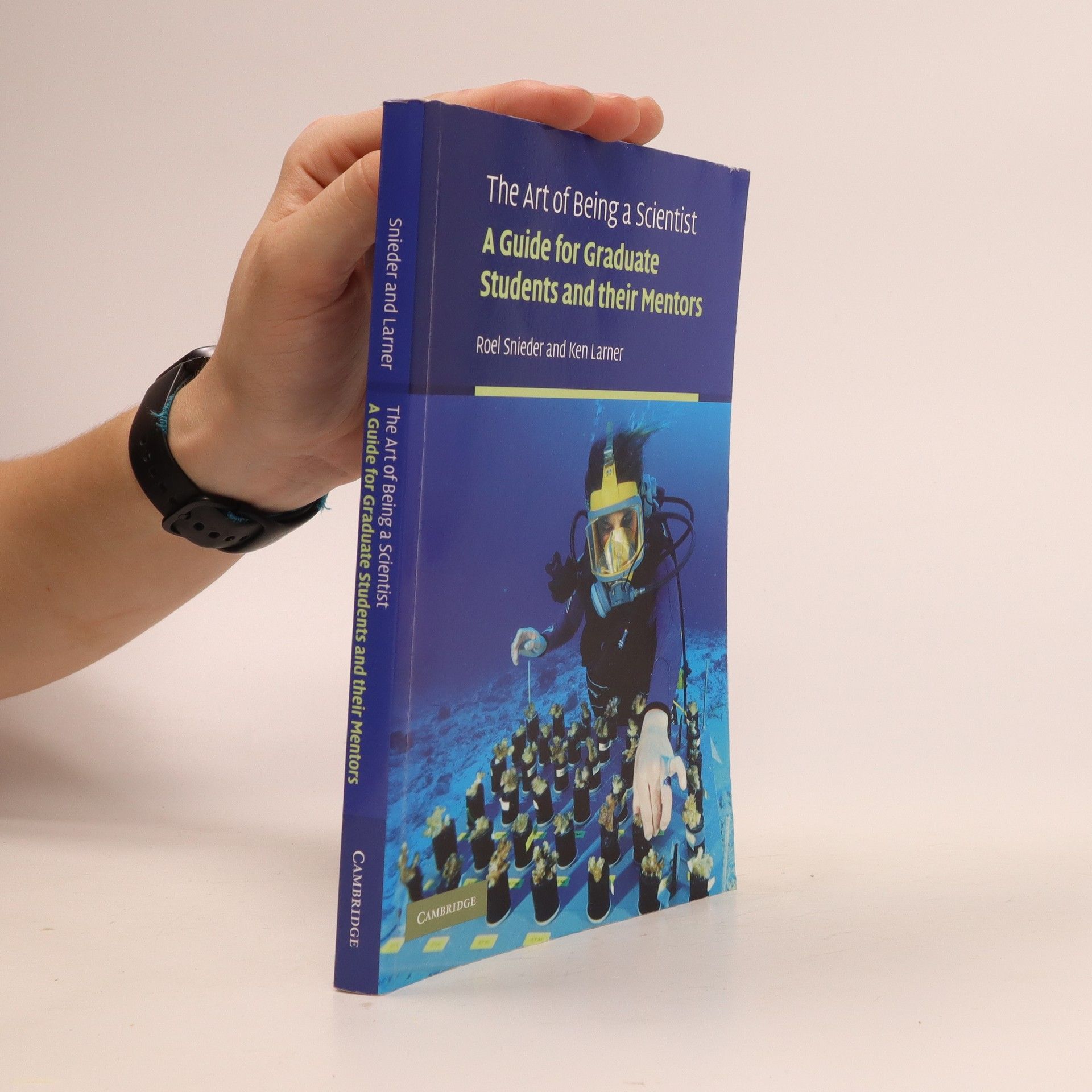The Art of Being a Scientist. A Guide for Graduate Students and their Mentors.
- 286pages
- 11 heures de lecture
This is a hands-on guide for graduate students and young researchers wishing to perfect the practical skills needed for a successful research career. By teaching junior scientists to develop effective research habits, the book helps to make the experience of graduate study a more efficient and rewarding one. This book is an outgrowth of the notes for the graduate course, "The Art of Science," taught by the authors at Colorado School of Mines and highly rated and appreciated by students over the years. A sample curriculum, which parallels the curriculum followed in the authors' course, is available in the book as Appendix B, and as an online resource. This sample is offered as a possible starting point for instructors in graduate schools wanting to teach a similar course at their university.Topics covered in the book include: choosing a research topic, department, and advisor; making workplans; the ethics of research; using scientific literature; perfecting oral and written communication; publishing papers; writing proposals; managing time effectively; and planning a scientific career and applying for jobs in research and industry. The wealth of advice is invaluable to students, junior researchers and mentors in all fields of science, engineering, and the humanities.

